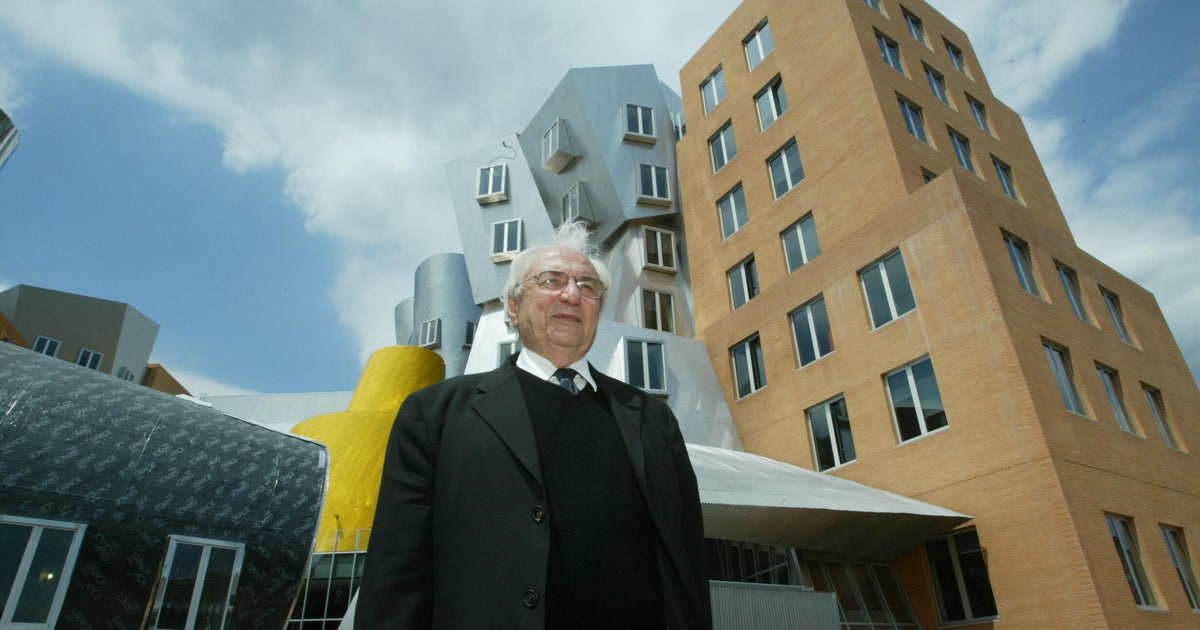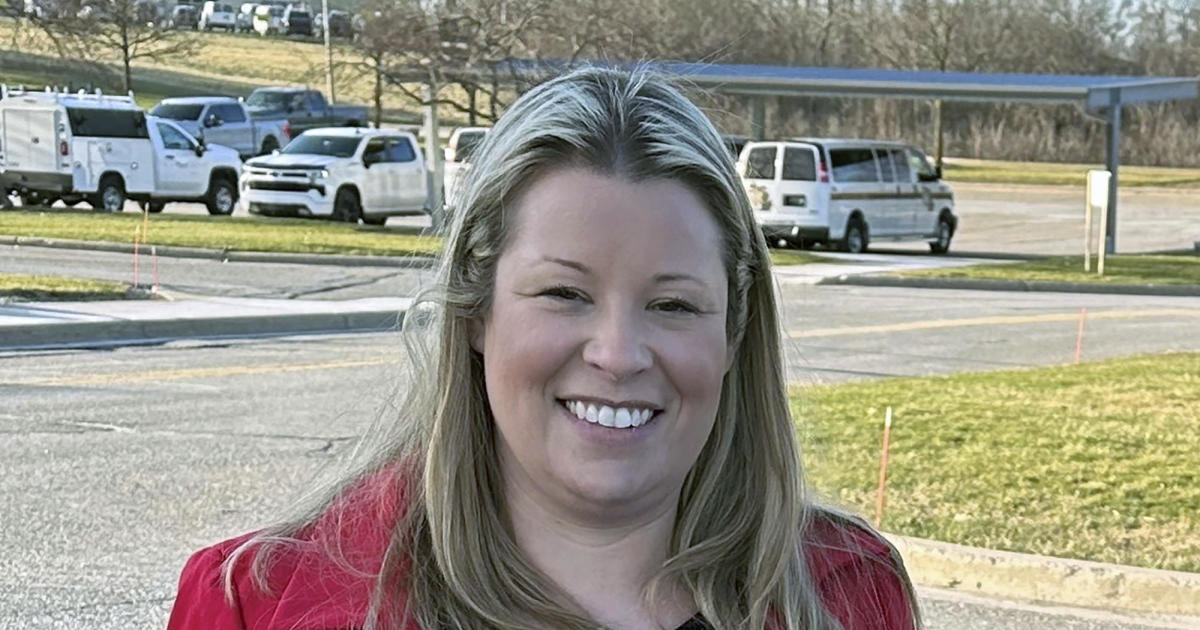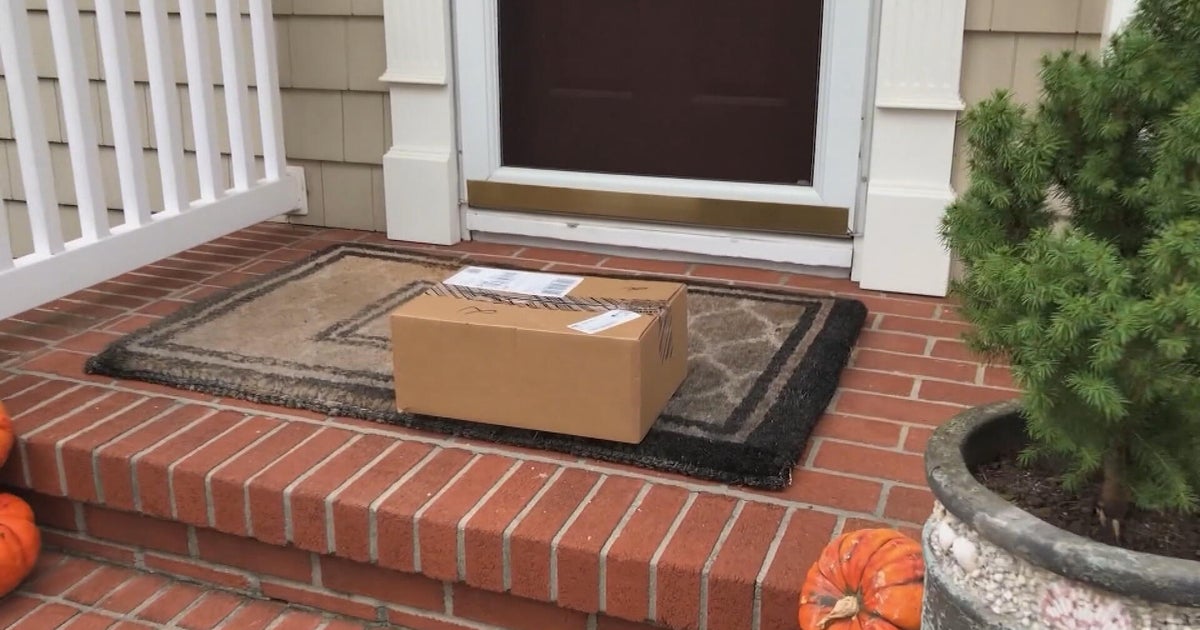Facebook "misled" Parliament on data misuse, U.K. committee says
Senior managers at Facebook knew about a data breach associated with campaign consulting firm Cambridge Analytica before it was first reported in the media in 2015, according to a U.K. Parliament report that concludes the company "deliberately misled" a wide-ranging investigation into disinformation, "fake news" and election interference.
"Among the countless innocuous postings of celebrations and holiday snaps, some malicious forces use Facebook to threaten and harass others, to publish revenge porn, to disseminate hate speech and propaganda of all kinds, and to influence elections and democratic processes — much of which Facebook, and other social media companies, are either unable or unwilling to prevent," says the report by Parliament's Digital, Culture, Media and Sport Committee.
"Companies like Facebook should not be allowed to behave like 'digital gangsters' in the online world, considering themselves to be ahead of and beyond the law," the report says, urging British authorities to determine whether the social media giant has "unfairly" made it harder for other developers to operate.
The committee is calling for a range of reforms, including:
- A "Compulsory Code of Ethics," with a regulator capable of penalizing companies that fail to abide by the code.
- Modernization of electoral laws.
- Legislation to require social media companies block "known sources of harmful content, including proven sources of disinformation."
The committee examined the use of a professor's app to harvest the data of millions of unsuspecting Facebook users, and the flow of that data through intertwined companies named Cambridge Analytica and SCL Group, which provided consulting for the Brexit and Trump campaigns.
The app, called "thisisyourdigitallife," allowed professor Aleksandr Kogan and his business partner Joseph Chancellor to use "psychometric techniques" that would reveal information about individuals "more accurate than even the knowledge of very close friends and family members," according to a contract Kogan signed with SCL Elections.
Facebook CEO Mark Zuckerberg wrote in a March 21, 2018, Facebook post that "in 2015, we learned from journalists at The Guardian that Kogan had shared data from his app with Cambridge Analytica."
However, British investigators said three "senior managers" were involved in email exchanges concerning the breach earlier in 2015. But the managers did not tell top executives, including Zuckerberg, committee chair Damian Collins said Sunday in a phone call with CBS News.
"That poses a really interesting question, because you would think this would be a really serious issue, so why weren't the most senior people told, or in truth, was this a relatively uncommon thing to be escalated? Either way it poses a really interesting question for Facebook," Collins said.
Asked if he believed Zuckerberg and other top executives were purposely kept isolated from potentially damaging information, Collins said, "I think a lot of our engagement experience with Facebook suggests that."
"Often people will use the excuse of not being fully informed, so there is a culture of secrecy in keeping stuff quiet so people will always have the opportunity to deny knowledge," Collins said. "But…this was a really serious issue that the company should have known about and addressed. It at least suggests pretty serious failings in governance if senior executives aren't aware of major data breaches affecting the platform."
In 2016, Facebook employees were embedded in the Trump campaign's digital operation at the same time as it employed Cambridge Analytica, according to a June 10 "60 Minutes" interview with Brad Parscale, digital director for Trump's campaign.
The Parliament committee's report also warns about recent efforts by Facebook to expand its political involvement.
"(Facebook) has recently launched a 'Community Actions' News Feed petition feature, for instance, to allow users to organize around local political issues, by starting and supporting political petitions. It is hard to understand how Facebook will be able to self-regulate such a feature; the more controversial and contentious the local issue, the more engagement there will be on Facebook, with the accompanying revenue from adverts," the committee writes.
In addition to its report, the committee also released internal Facebook emails that appear to show the company offering expensive premium access to user data to some companies, while locking out others that it viewed as its competition.
For instance, documents released by the committee in December appeared to show Zuckerberg personally approving a decision to block data access from Vine, a social media video hosting service in which users shared six-second looping video clips.
The committee called on the British government's Competitions and Market Authority (CMA) to "investigate whether Facebook specifically has been involved in any anti-competitive practices and conduct a review of Facebook's business practices towards other developers, to decide whether Facebook is unfairly using its dominant market position in social media to decide which businesses should succeed or fail."
The report references U.S. racketeering statutes, and when asked about it, Collins said his committee can't recommend authorities in another country launch a criminal investigation. But he said, "absolutely from the evidence we've received ... we have got concerns that Facebook is not complying with U.S. regulations, and therefore would hope the U.S. authorities would look into further."
The report also criticizes Facebook's pattern of sending lower-level executives to testify instead of Zuckerberg.
"The management structure of Facebook is opaque to those outside the business and this seemed to be designed to conceal knowledge of and responsibility for specific decisions. Facebook used the strategy of sending witnesses who they said were the most appropriate representatives, yet had not been properly briefed on crucial issues, and could not or chose not to answer many of our questions," the committee wrote.
Zuckerberg has repeatedly declined to appear before Parliament, as well as a separate "International Grand Committee" of multiple European, South American and Asian parliaments investigating disinformation and election interference. He is among several of the world's top technology leaders invited to the group's next hearing on May 28 in Ottawa.
Collins said that should Zuckerberg step foot on British soil in the future, he can expect to be called before Parliament.
"If Mark Zuckerberg came to the U.K., we would serve a summons on him, and if he refused to accept that summons then we could start contempt proceedings against him," Collins said.
Jason Kint, the CEO Digital Content Next, a trade group that represents digital publishers, recently testified before the Canadian committee investigating Facebook and disinformation. In an email to CBS News on Sunday, he criticized Zuckerberg's unwillingness to appear.
"The most senior leadership of the company's failure to show up and answer questions even at the convening of more than eight governments in one location, does indeed demonstrate the company's unwillingness to be accountable to government and is an offensive statement to the citizens and society they claim to serve," said Kint. CBS Interactive is a member of Kint's trade group.
Facebook defended itself in a statement sent to CBS News.
"We share the Committee's concerns about false news and election integrity and are pleased to have made a significant contribution to their investigation over the past 18 months, answering more than 700 questions and with four of our most senior executives giving evidence," the company said. "We are open to meaningful regulation and support the committee's recommendation for electoral law reform. But we're not waiting. We have already made substantial changes so that every political ad on Facebook has to be authorized, state who is paying for it and then is stored in a searchable archive for 7 years. No other channel for political advertising is as transparent and offers the tools that we do."
The committee writes in its report that the two Facebook representatives who appeared instead of Zuckerberg either "deliberately misled the Committee or they were deliberately not briefed by senior executives at Facebook, about the extent of Russian interference in foreign elections."








